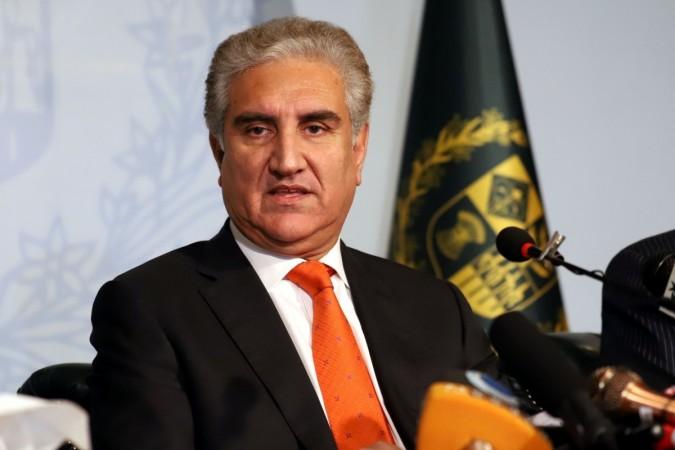ISLAMABAD, Pakistan: While addressing a High-Level Meeting of the UN General Assembly to commemorate the 25th Anniversary of the Fourth World Conference on Women, the Foreign Minister Shah Mahmood Qureshi expressed strong support for the full realization of women’s rights.
Reiterating Pakistan’s commitment to the fulfilment of strategic objectives agreed 25 years ago, the foreign minister stressed that more action was needed to achieve the desired goals.
Shah Mahmood Qureshi reaffirmed that Pakistan would continue to play an active part in that endeavour.
The foreign minister highlighted that women in Pakistan were equal partners in the nation’s socio-economic growth.
The minister said that the current government encouraged women to shatter all glass ceilings that hindered the realization of their full potential. He underscored that gender-sensitive policies were at the heart of Pakistan’s development paradigm.
Moreover, he added that the flagship Ehsaas Programme for poverty alleviation was designed to reduce the disproportionate effects of poverty on the female population.

The foreign minister added that the protection and promotion of women’s rights was a central pillar of Prime Minister Imran Khan’s vision of creating a welfare state based on the model of “Riasat-e-Madinah”.
Qureshi also highlighted that as a result of the various legislative, administrative and policy initiatives taken by Pakistan, the number of women in key leadership roles had steadily risen in the Country.
Referring to the contribution of Pakistani women for furthering the women rights agenda at the global level, the foreign minister recalled that Pakistan’s distinguished delegate Begum Shaista Ikramullah played an active role in the inclusion of Article 16 in the Universal Declaration of Human Rights.
The foreign minister also highlighted the suffering of women in occupied territories, where rape and sexual violence was being perpetrated with impunity by the occupation forces and used as an instrument of suppression.
The UN has organized four World Conferences on Women. The last one held in Beijing in 1995, marked a significant turning point for the global agenda through the adoption of a “Beijing Declaration” and “Platform for Action”, which are considered key global policy documents for gender equality.
